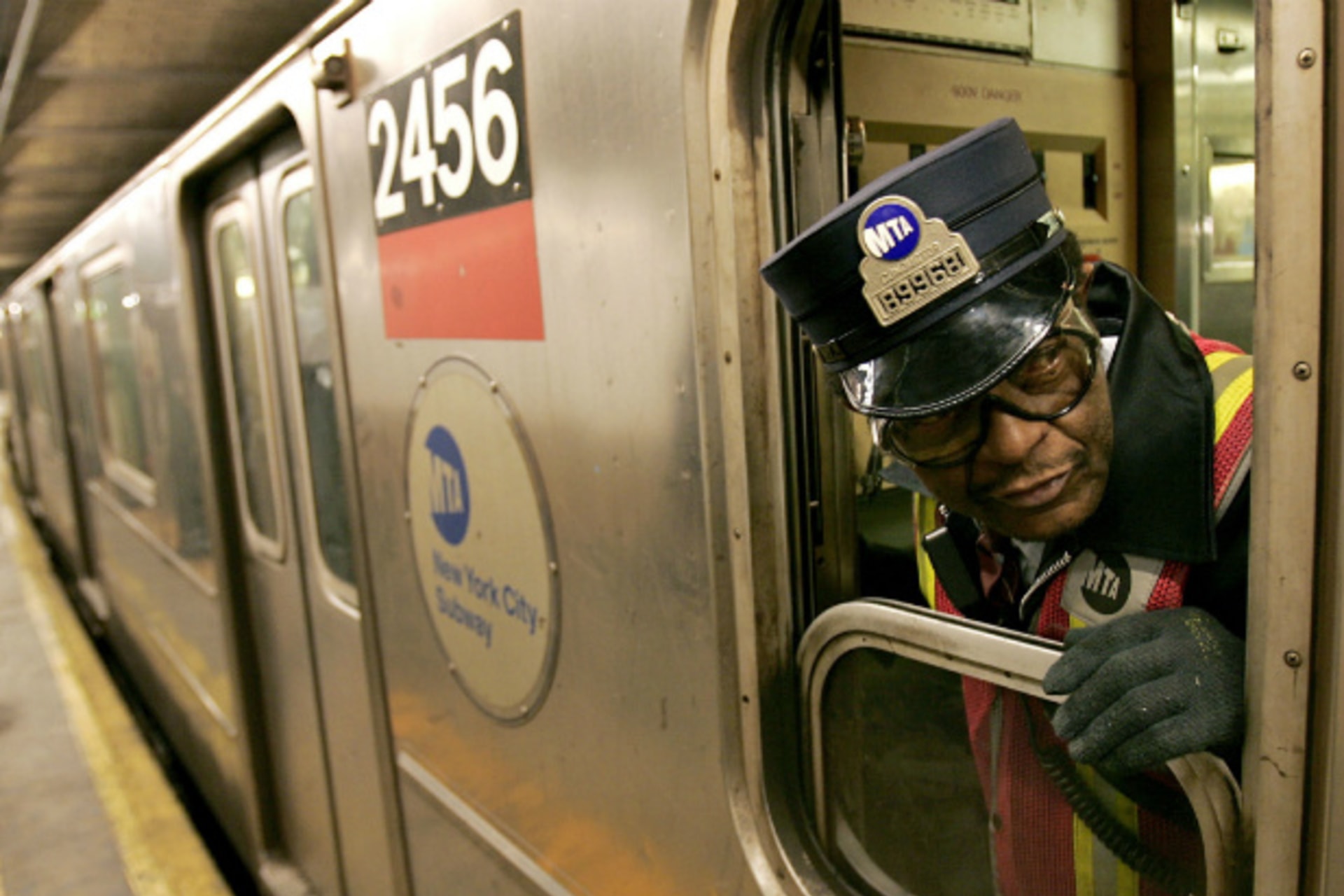Morning Brief: Why Do U.S. Subways Still Have Drivers?

By experts and staff
- Published
By
- Renewing America Staff
Despite their successful implementation on rail transit systems on every continent, no U.S. mass transit system employs driverless trains (The Atlantic). Automated trains reduce labor costs and scheduling complexity, and improve service by making deploying large numbers of off-peak trains more economical. The article speculates that powerful transit worker unions and the unwillingness of cities to make large upfront capital investments have prevented the adoption of such initiatives.
The first Renewing America Progress Report and Infographic Scorecard, “Road to Nowhere,” details the failure of current U.S. policymakers to make substantial investments in transportation infrastructure.
Infrastructure. Read more on how upgrading the nation’s aging network of roads, bridges, airports, railways, and water systems is essential to maintaining U.S. competitiveness.
Fight Looms Over Automatic Defense Cuts
The Hill discusses the looming fight over the automatic cutting of $500 billion in defense spending over the next decade. This sequestration is the result of the Supercommittee’s failure to agree on specific spending cuts in 2011. The acting director of the Office of Management and Budget, Jeffrey Zients, has agreed to testify before Congress along with a senior Pentagon Official on August 1. Next week, executives from defense contractors will testify about the effects of the cuts on their firms.
As the United States continues to run budgets with high deficits, politicians debate different plans to reduce government costs and to raise revenue. This CFR Backgrounder by Jonathan Masters outlines the competing policy paths on federal fiscal reform, and the global consequences for failing to bring down U.S. debt.
Debt and deficits. Read more from experts on the challenges in reducing U.S. debt.
Ohio’s Politicians and Teachers Union Cooperate
The Wall Street Journal reports that Ohio’s Republican governor and Cleveland’s Democratic mayor cooperated with the local teachers union to overhaul teacher evaluation, pay, hiring, and firing. The reforms include mandating that the Cleveland school district base 50 percent of teacher evaluations on “student performance,” and allows for districts to fire and layoff teachers based on performance, not seniority.
The report of CFR’s Independent Task Force on U.S. Education Reform and National Security highlights the importance of the Common Core State Standards and asserts that fixing the nation’s underperforming K-12 schools is critical to economic competitiveness and national security.
Education and human capital. Read more from experts discussing ways to improve U.S. education and immigration policies.
Observations from a Tech Expert
Walt Mossberg discussed the evolution and future of technology with CSPAN. This lengthy interview covers relationships between market leaders and the federal government, the shift from personal computers to tablets, and the need for comprehensive privacy laws. For over two decades, Mossberg’s personal technology column has guided Wall Street Journal readers through the world of technology.
The Best Computer Science Department You’ve Never Heard Of
The University of Washington’s (UW) terrific computer science department is not well known among the general public, but top tech firms clamor for its graduates (NYT). After years of supplying computer engineers to giants such as Microsoft and Amazon, UW is gaining greater recognition and funding while deepening ties to industry. Recent state budget cuts have hurt the school’s finances, but it recently increased the size of its computer science department to support the strong Seattle tech industry.
In the face of persistently high unemployment, policymakers and workers look to innovation and entrepreneurship, the primary engine of U.S. job growth over the past thirty years. This CFR Backgrounder by Steven J. Markovich discusses how entrepreneurs create and finance startups, often with the support of innovation clusters anchored by strong universities.
Innovation. Read more on how the U.S. capacity to innovate could play a chief role in economic growth.
Fed Considers Greater Disclosure
The Federal Reserve is considering creating a quarterly monetary policy report to better explain its economic outlook (Bloomberg). Under Ben Bernanke’s leadership, the Fed has increased transparency by establishing an explicit inflation target and conducting press conferences. Outlooks are currently provided by individual Fed officials; these give some insight, but do not clearly explain how the Federal Open Market Committee will react to economic indicators. Jeffrey Lackers, President of the Richmond Federal Reserve Bank, said he expects slowing U.S. growth, but not a recession (Bloomberg).
Corporate regulation and taxation. Read more from top economists and business experts on solutions for addressing corporate tax reform.
The Morning Brief is compiled by Renewing America contributor Steven J. Markovich.